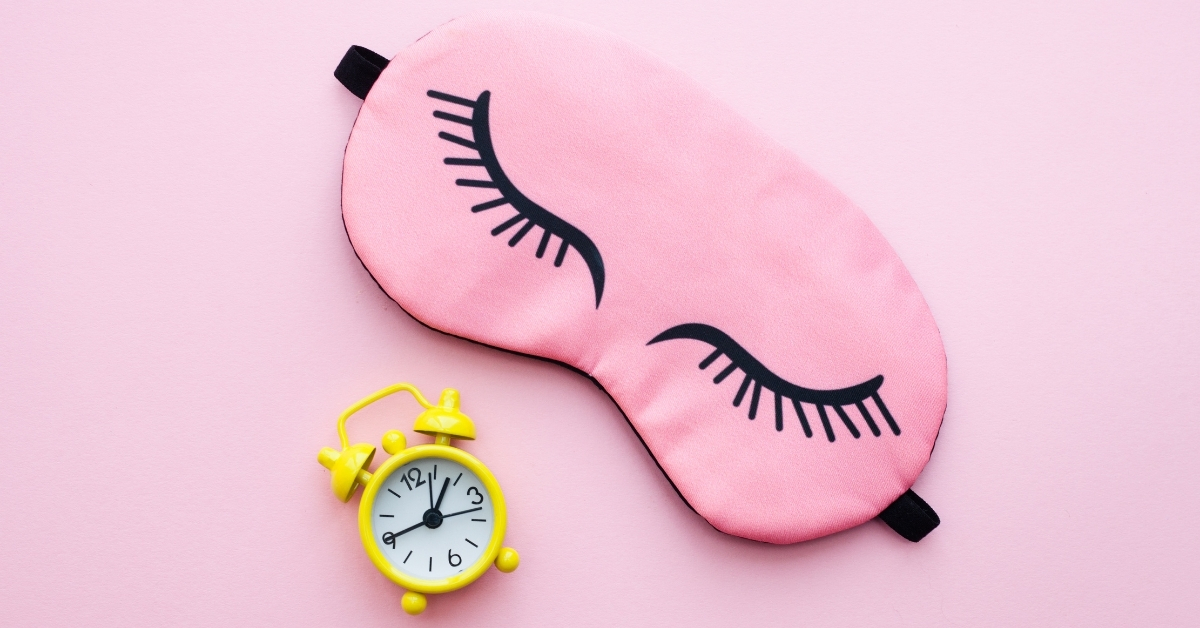
“Beauty sleep” has become a sort of throwaway joke we say when we want to go to bed early. Now, a neurologist who studies sleep says it’s actually no joke at all. The quality of your rest affects how your skin repairs itself and how youthful it looks. It also changes how people see you.
When you sink into deep sleep, your body starts repairing damage from the day. Growth hormone rises, and collagen production starts fueling up. That supple skin you want depends on collagen. Cortisol, the stress hormone, also drops. That combination helps reduce inflammation, heal tiny tears in skin tissue, and lock in hydration. The result is skin that looks smoother and “perky.”
There are multiple phases of sleep that we experience throughout the night. During REM, the stage where you’re in dreamland, blood flow to the skin increases, spiking cell turnover. Even lighter stages of sleep help balance hydration and strengthen the skin’s protective barrier. Together, the night’s cycles form a repair system that no serum or supplement can replicate.
Does Beauty Sleep Actually Work? Here’s What Science Says.
Cut sleep short and that balance is lost. That’s when you’ll see dry skin and inflammation. Dermatologists often see it in dullness, breakouts, and fine lines. If you’re tossing and turning for months, researchers call it insufficient sleep syndrome. That state disrupts all of those functions. Your collagen production drops, and recovery time is shortened big time. It also accelerates biological aging; and no one wants to look older than they are.
The difference shows up quicker than you’d think. In controlled studies, people who slept poorly for just a few nights were consistently rated by others as less attractive, less healthy, and more tired. It was an obvious tell. Pale skin, under-eye circles, red or swollen eyes, and drooping lids are some of the not-so-great side effects. These physical traits even changed the participants’ behavior. They were actually less inclined to approach or engage with someone who looked sleep-deprived.
Sleep also plays a role in how you see yourself. People feeling exhausted often reported feeling worse about their appearance. By contrast, well-rested participants felt much more confident in themselves, even rating others more positively, too. That reciprocal effect helps explain why consistent rest often makes social life smoother, from dating to job interviews.
There’s no magic product that can undo months of bad sleep. Skincare routines help, but researchers point out that consistent, restorative rest is the true foundation.



